Former Nigeria’s President Olusegun Obasanjo, has stated that the past and current governance experience has proven that the democratic style of governance imported from the West is not suitable for the continent.
Obasanjo said that for democracy to be successful, there conditions for it to thrive in Africa such as good leadership, rule of law, strong institutions, enlightened citizens, and socio-culturally-relevant context.
Join our WhatsApp ChannelObasanjo, who delivered a keynote address during the Democracy Summit held at the Shehu Musa Yar’Adua Centre, Abuja on Wednesday, emphasized the need to create a model of democracy that adapts to Africa’s historical, and cultural context and current realities.
The summit with theme “The State of Democracy in Africa,” was organised by Ford Foundation, Shehu Musa Yar’Adua Foundation and Olusegun Obasanjo Presidential Library.
The former president contended that democracy in the continent should be contextualized in such a way that reflects the rich socio-cultural history and heritage to yield dividends that meet the needs and aspirations of the people.
He said: “Africa’s past and current attempts at democratic governance prove that Western Liberal Democracy, lock, stock and barrel, cannot resolve Africa’s governance challenge.
“There is great need to conceptualise a democracy that adapts to Africa’s historical, cultural and current realities; a modality that works for African people.”
The former Nigerian leader posited that there are essential elements of African culture that promote the practice of democracy such as communal decision-making; a form of judicial system for addressing grievances and settling of disputes; a system that checks and impeaches traditional rulers to prevent arbitrary use of power, corruption and autocratic government; and an inbuilt mechanism of accountability and the adoption of checks and balances among others.
“Culture plays a key role in African societies. Therefore, democracy in Africa must take into cognisance the culture and worldview of the African which varies from society to society,” the former president stated.
Obasanjo said the first step in correcting the anomalies in the polity is by preventing the capturing of the state by powerful political elites who adopt all kinds of unscrupulous strategies to manipulate the system including policies guiding the electoral process such that leaders with genuine interest of the people do not emerge.
READ ALSO: Economic Hardship: Borrow A Leaf From Zimbabwe, Obasanjo Advises Nigerian Govt
He stressed that the call for the rethinking of liberal democracy in Africa should neither be seen as an attack on liberal democracy nor leveraged by tyrants and autocrats to hold on to power or live in the past. “Instead, it is borne out of genuine concern about an ideology which Africans have not fully interrogated, internalised and owned and which is not delivering as we expected. The rethinking of liberal democracy should be focused on Africanising a universal political system based on African realties and peculiarities. The context and the contents must be interrogated and suitably and appropriately placed to serve our purpose.
“In all these, we must put our heads together, Africans and non-Africans alike, to devise a form of contextual democracy that will take account of our past experiences and experiences of others to get a system that is sufficiently democratic, efficient, effective, make use of best within the community and society, leaving nobody out and that will deliver fast to all without exception and will moderate human greed and other instincts that goad humans to exploitation, oppression, impunity, inhumanity to human and multiple of other evils that human mind can conceive and create against his brothers and sisters,” Obasanjo stated.
He further noted that the journey towards reshaping democracy in Africa “is a complex and evolving one” and cautioned that while rethinking the application of Western liberal democratic models in the continent, it should be done with “humility, wisdom, and an unwavering commitment to the welfare of our people.”
On his part, President Bola Tinubu, who was represented by the Vice President, Kashim Shettima, reflected on Nigeria’s political history and contended that given the bitter experiences of the past, one the lessons learned so far is that “the cure for bad democratic governance is more democracy.”
The president mentioned the military crisis in some parts of Africa and the role of ECOWAS, adding that the regional bloc has beconed on the junta leaders in Niger, Burkina Faso, Mali, among others who broke away to return.
He called for a robust integration of sub-regional groupings to achieve better regional security and economic prosperity across the African continent.
He added that the potentials of the African Continental Free Trade Area (AfCFTA) “can only be maximally realized when there is concrete and proper economic integration and collaboration.”
“We must deliberate at this Summit on ways through which African sub-regional organizations can help foster better intra-African trade, achieve better food and energy security, promote higher rates of youth employment, alleviate poverty, and realize greater prosperity for our people,” he stated.
READ ALSO: Lagos HNWI Welcome Ford Foundation President [Photos]
Why Africans must Not Fail to Building Democracy – Darren Walker, Ford Foundation President
In his remarks, Ford Foundation President, Darren Walker, stressed the need fo all stakeholders including the citizens and political leaders to support and build a participatory democracy in Africa that create more prosperity and empower the people.
Mr Walker pointed out that “the clenched fist of military rule is no match for the open hand of democratic movements, inspired by democratic values.”
He said: “Full, peaceful, participatory democracy is the great equalizer.
It “creates more prosperity for more people and empowers them to create a society that is more inclusive and more just.
“So, together, let us speak and act boldly in support of democracy in West Africa.”
In his welcome remarks, Abubakar Balarabe Mahmoud, SAN, member, board of directors, Shehu Musa Yar’Adua Foundation, noted that the theme of the summit, “The State of Democracy in Africa,” could not have come at a better time than now that democracy in Africa is experiencing significant challenges which manifest in the form of military coups, election violence, or lack of credible elections and other forms of political crisis that cause instability in parts of the continent.
He said the “challenges or failures manifest in the inability to promote credible elections, inclusiveness, improved prosperity and real meaningful transformation and stability on the continent.”
Mahmoud asserted that the real test of democracy in Africa lies in its ability to improve the standard of living of the people and equally promote participation in governance.
He expressed profound gratitude to Ford Foundation and Trust Africa “for their generous support and invaluable partnership, which has made this Summit possible.”
Victor Ezeja is a passionate journalist with seven years of experience writing on economy, politics and energy. He holds a Master's degree in Mass Communication.





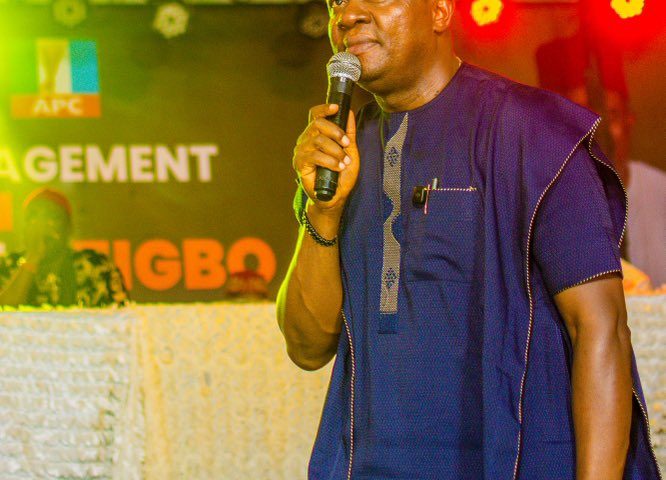

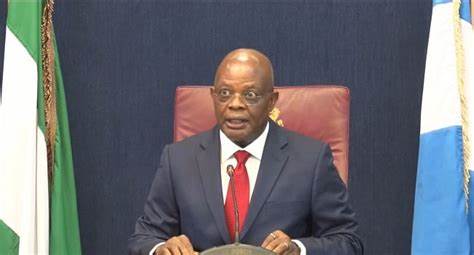






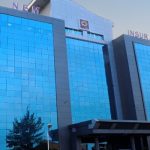
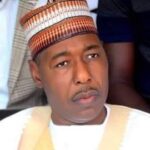
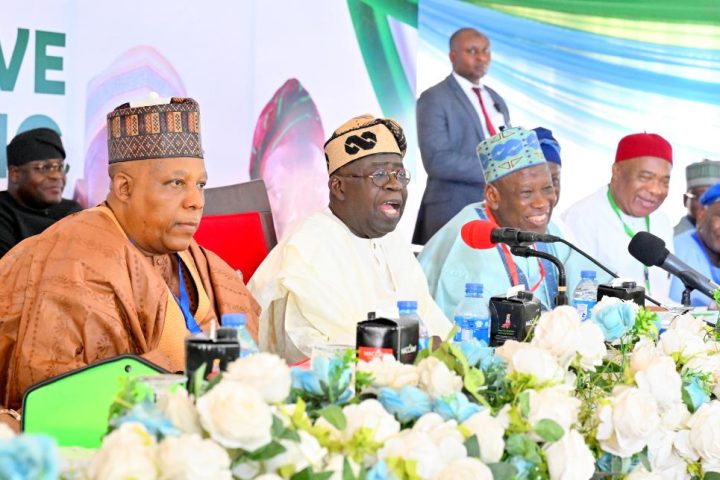
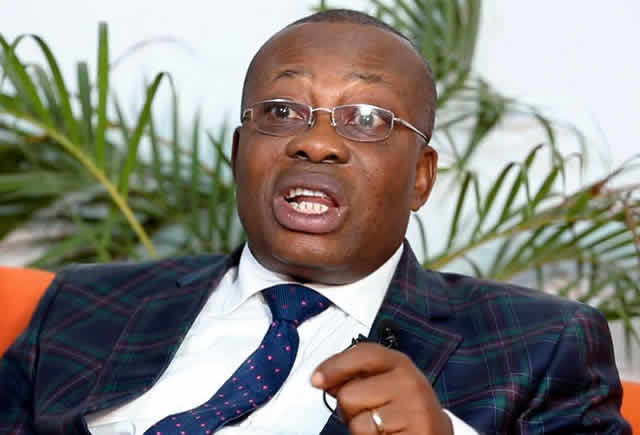
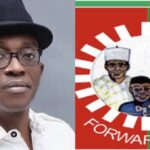
Follow Us